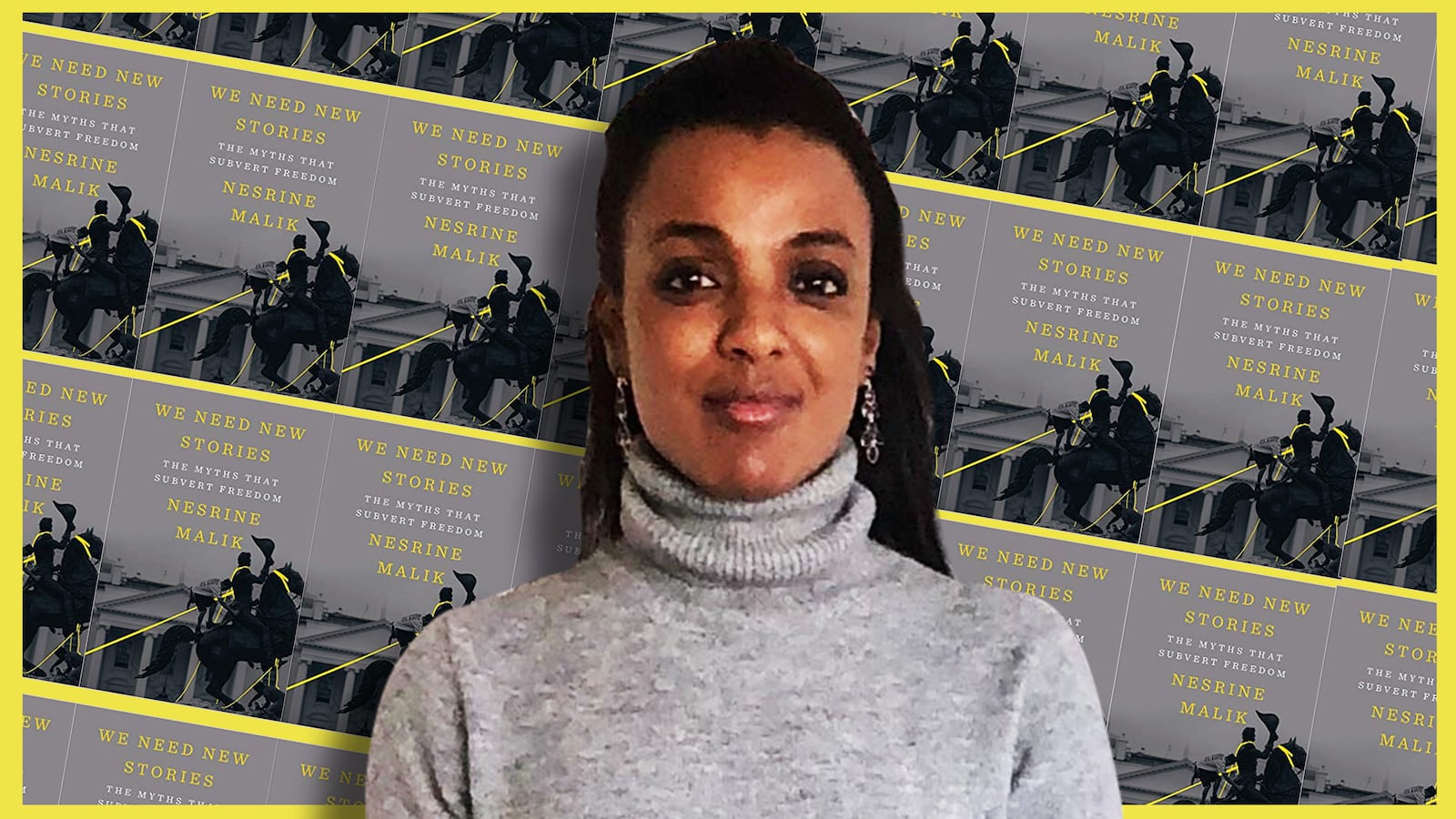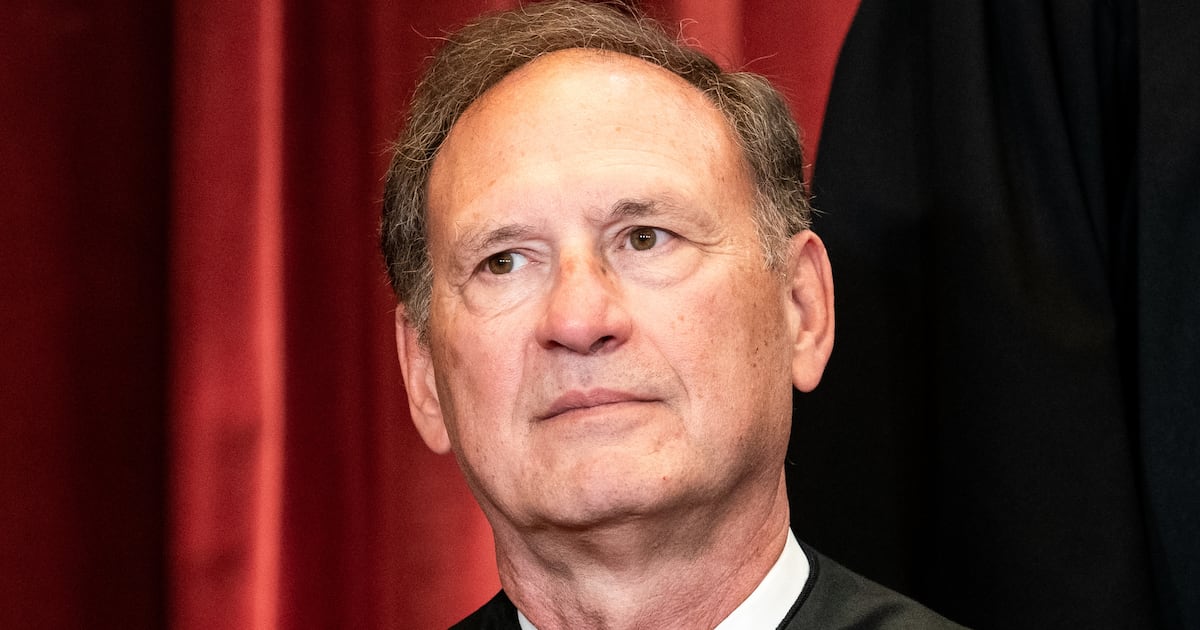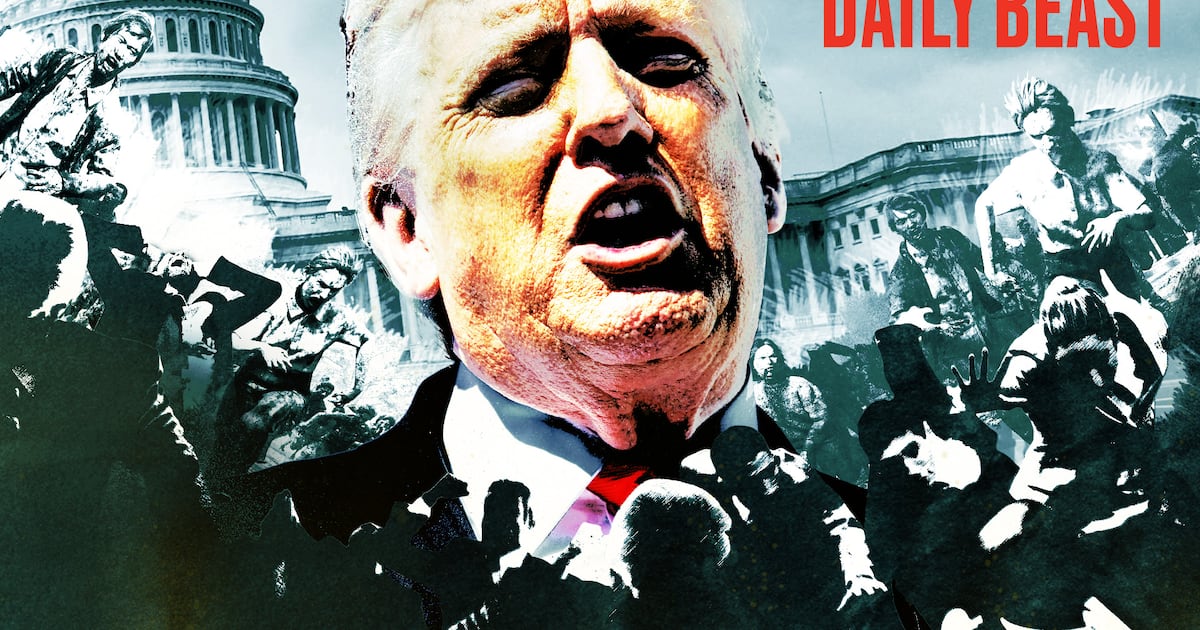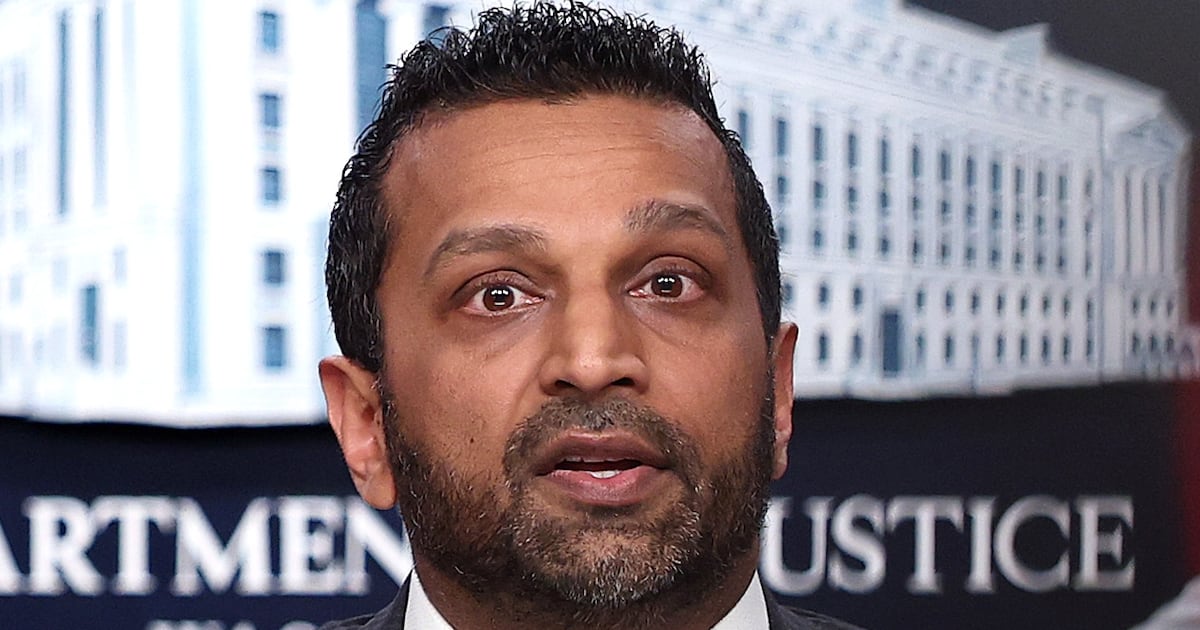It was the persistence of gun violence that helped convince Nesrine Malik that certain myths propagated by the right wing were creating an alternate American reality.
A London-based columnist for The Guardian, Malik believes the never-ending slaughter is partially a function of corporate and elite interests convincing the public that buying guns is a fight against the “political correctness” of gun control, and that this also plays into the myth of a “virtuous history to justify gun ownership as foundational to America.”
But, adds Malik, whose new book, We Need New Stories: The Myths That Subvert Freedom discusses six current social/political misconceptions, the whole gun myth “typifies why myths are bad for everyone. Firearms increase violence in a society for everyone and claims lives across social classes and races. We think that guns create a society that is based on freedom, but actually gets in the way of people living free from fear and grief.”
Malik’s well-researched, densely written, and impassioned work takes on cultural myths that include everything from the so-called political correctness crisis to the alleged harm of identity politics, the fantasy of national exceptionalism, a free speech crisis, and the illusion of gender equality. But lurking beneath the surface of Malik’s analysis is one unmistakable factor that helps create and perpetuate these myths: what the author calls “the myth of the reliable narrator… unreliable narrators from academia, the publishing world, and from the journalism industry have been a roadblock to addressing structural inequality,” she says in the book. “We believe in their neutrality, and thus do not question the accounts of the world which they have recounted to us.”
It all comes down to messaging. Malik notes that the opinion-making class in the U.S. is overwhelmingly white, male, and politically center, right of center, or right-wing. She also points out how the right has created an intellectual infrastructure of think tanks and institutes that promote its values, leaving the left in total catch-up mode.
“It’s mostly down to funding,” she told The Daily Beast in an email interview. “Right-wing think tanks are much better endowed and have networks that have been established for far longer. The financiers of right-wing think tanks and media also tend to be wealthier because they have an interest in creating an intellectual environment that is hostile to redistributive left-wing ideas.”
What this means in part is that the old liberal belief that the best way to counter bad speech is with better speech may not be operative anymore. Malik notes this principle might be good in theory, but questions whether this good speech has “the same access to platforms, to the media, to the halls of power. It’s like how we cling to this concept of ‘the marketplace of ideas.’ No market is perfect, with everyone having the exact same ability to push their wares.”
So We Need New Stories takes pains to show how “free speech principles are now being used by the powerful to attack the weak;” how when it comes to discussing identity politics, “the constant denial that race is relevant to how white people behave politically helps prop up the myth that only other races are motivated by identity;” and that the myth of political correctness is basically a get-out-of-jail card for those who hold intolerant views but do not wish to be held accountable for them.
“Branding PC as oversensitive, elitist, inauthentic, and oppressive has been so successful, that defending it has become toxic for the left,” says Malik in the book.
But We Need New Stories is not some take-no-prisoners catalog of wokeness, and Malik, despite the intense commitment to her vision, is not some rigid Stalinist apparatchik. She admits that like every other political entity, the left sometimes goes too far in its critiques and actions, and that “social media in particular has been a disaster because it lends itself well to these emotional excesses.” When it comes to free speech issues, she doesn’t want to “write hard and fast rules” about what can or cannot be said by edgy comedians, because “dark comedy plays an important, almost healing role in society, and most of the time you will find that people do have a sense of humor about topics that you would think were off limits.”
And she also agreed with this writer that instead of tearing down statues honoring Confederates, slaveholders, and other racists, it might be more educational to leave them be, with the addition of plaques explaining their Jim Crow-era origins and what they really stand for.
“I talk in the book about how we should add an ‘addendum’ history to the current accounts,” she says. “But you see, because there has been such little space to even discuss that sort of measure, people take matters into their own hands.”
Malik’s book was about to go into galley form when the Jan. 6 insurrection at the Capitol occurred, which meant it was too late to change the text to comment on the event. But that doesn’t mean “We Need New Stories” didn’t, in its own way, predict what was going to happen, and why. The stolen election was a myth on a grand scale, and its consequences fit comfortably into Malik’s overall thesis.
“The Capitol insurrection was the epitome of what I call in the final chapter ‘myths eating their young,’” says Malik. “Myths that stigmatize and smear movements for equality don’t just hurt the cause of freedom, they hurt everyone. Except for the very few who spread them. They create a state of paranoia that breaks down trust in the system. In the end, those who spread the lie, Trump and his cohort, got off while the people they goaded now have to crowdfund legal fees as they face years in jail. Myths hurt those who believe in them eventually.”







